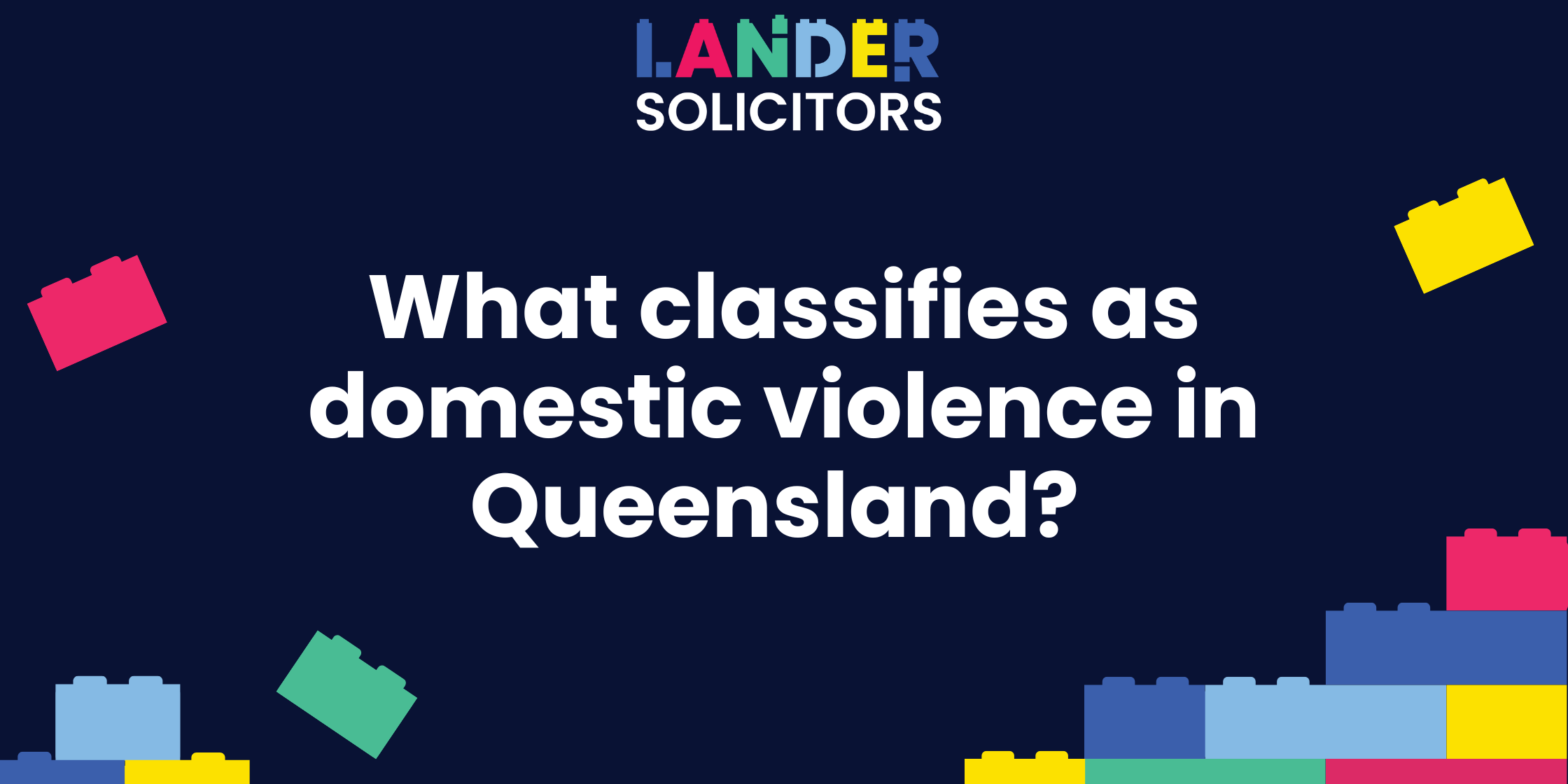Many people may not realise that their experiences fall under the legal definition of domestic violence in Queensland, which can prevent them from seeking help.
Unfortunately, many survivors downplay their experiences, thinking it “wasn’t bad enough” to be considered domestic violence. The truth is, domestic violence can take many forms, including emotional abuse, financial control, or even threats that make you feel unsafe.
In this blog, we’ll break down the different forms of domestic violence recognised in Queensland to help you better understand what qualifies and the steps you can take to protect yourself or someone you care about.
What is domestic violence in Queensland?
In Queensland, domestic violence is defined under Section 8 of the Domestic and Family Violence Protection Act 2012. It encompasses a broad range of behaviours including:
- Physical and sexual abuse
- Damaging personal property or threatening to do so
- Threatening to commit suicide or self-harm as a form of manipulation
- Emotional or psychological abuse (e.g., derogatory taunts, intimidation)
- Economic abuse (e.g., controlling finances or denying access to money)
- Threats and coercion to the person, children, or pets
- Surveillance or stalking
- Other controlling behaviours that dominate the victim and cause fear for their safety or well-being
If any of this sounds familiar to you, know that support is available, and you don’t have to face it alone. Our role as your lawyer is to ensure these behaviours are recognised and addressed in your case to help you seek justice and protection.
Common misconceptions about domestic violence QLD
Let’s clear up some of the most common myths:
– It’s only physical violence:
Domestic violence can be emotional, financial, sexual, or psychological, often without leaving visible signs or marks.
– Only men are perpetrators:
While statistics show most perpetrators are men, domestic violence can affect anyone, regardless of gender.
– It’s not domestic violence if there’s no physical harm:
Threats, intimidation, and control are just as harmful and are recognised under the law.
– Children aren’t affected if they don’t see it:
Children exposed to domestic violence, even indirectly, can experience lasting emotional harm.
Legal protections and resources for domestic violence survivors in Queensland
Queensland offers a range of protections and resources for those experiencing domestic violence:
- Protection Orders: We can assist you in Domestic Violence Orders (DVOs) that help keep you and your family safe by restricting the perpetrator’s actions.
- Support Services: Organisations like DVConnect, 1800RESPECT, and Lifeline provide emotional support, safety planning, and practical assistance.
- Police Assistance: The Queensland Police Service has a dedicated Domestic Violence Unit to help survivors.
Take the first step with Lander Solicitors Queensland
At Lander Solicitors, we understand the complexities of domestic violence cases and the courage it takes to seek help, especially when the court process is intimidating.
Our team will represent your interests, ensuring your voice is heard and your safety is prioritised. We’ll help you gather the necessary evidence to present your case effectively and advocate for your well-being throughout.
Contact us today to discuss your situation. We’re here to help you every step of the way.
For immediate support, reach out to:
DVConnect: 1800 811 811
1800RESPECT: 1800 737 732
Lifeline: 13 11 14
DISCLAIMER – The information provided in this blog is general and does not consider your individual legal needs or objectives. It does not constitute personal advice and is for informational purposes only. We recommend seeking out professional and independent legal advice from a qualified Australian lawyer to advise on your individual situation before acting on any information contained below. Lander Solicitors Queensland accepts no express or implied liability for negligence or contractually for reliance on any information provided. Liability limited by a scheme approved under Professional Standards Legislation.




